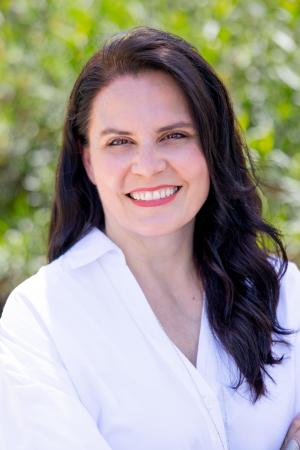
Tamara Afifi's research focuses on family and interpersonal communication in two domains: (1) how family members and relational partners communicate when they are stressed and its impact on personal, relational, and physiological health, and (2) information regulation (e.g., avoidance, privacy, secrets, stress contagion effects).
Tamara Afifi examines the theoretical properties of family members’ communication patterns (e.g., conflict, social support, avoidance, verbal rumination, communal coping) that cross a variety of stressful situations, to explain and predict biological stress responses, resilience/thriving, and personal/relational health. Professor Afifi often triangulates data and methods, including unique combinations of surveys with whole families, longitudinal diary data, lab interactions, field studies in families’ homes, observational coding, biological markers, virtual reality, and qualitative data. Her work often includes community-based populations that are difficult to access (e.g., undocumented immigrants, families in refugee camps, older adults with dementia and their family caregivers, families with chronic illnesses). She is a Fellow of the International Communication Association, a Distinguished Scholar of the National Communication Association, and former editor of Communication Monographs. She is also an award winning teacher and mentor, being recognized with the UCSB Academic Distinguished Teaching Award and the Kathleen Galvin Distinguished Mentoring and Teaching Award. Professor Afifi has secured external funding through agencies like the National Institutes of Health (NICHD and NIA). She is currently the lead PI on a Phase II clinical trial funded by the National Institute on Aging, examining the impact of virtual reality on the quality of life of older adults who have dementia and their family members who live at a distance across 23 senior living communities in the greater Santa Barbara and Boston areas.
Ph.D. (1999), University of Nebraska-Lincoln (Family and Interpersonal Communication)